Frequently Asked Cremation Questions
During recent years, cremation has become the most common way for families to lay their loved ones to rest. People choose cremation for many reasons, from cost concerns to personal preference, and many families appreciate the convenience of cremation.
However, despite cremation’s popularity, many people have questions about the process. How much does cremation cost? Is it allowed in my religion? What should I expect if a loved one is cremated? How can I be assured that the cremation will be handled with integrity? We’ve gathered a few of the most common cremation questions and their answers to help you make the right decision for your loved one’s body.

What’s the Difference Between a Memorial Service and a Funeral?
A funeral service is held in the presence of the body. It may have an open casket or visitation for mourners to see the deceased and say goodbye one last time. A memorial service is held without a body present.
When you choose cremation, you have the option of
holding a funeral before the cremation so that mourners can visit with the deceased and say goodbye one last time. Or, the cremation can happen first, with guests arriving for a memorial service afterward. You can also have a visitation or witness cremation in place of a funeral, with a memorial service later.
Does Cremation Cost Less?
Generally speaking,
cremation is more affordable than burial. When a loved one is cremated, you don’t need to purchase a grave site, grave liner, or casket.
Direct cremation, meaning the body is taken to the crematorium after death with no funeral, is one of the most affordable options. What kind of memorial service you hold afterward can affect the final cost. Personal touches and details like flowers, catering, and venue can make a memorial service or celebration of life just as expensive as a traditional funeral, if not more. It ultimately comes down to personal preference.
If you’re struggling to plan a loved one’s final arrangements, we can help you plan a gathering and disposition that will meet your budget. Our staff takes the time to ask you questions and learn about your loved one’s life, enabling us to make service suggestions tailored to your needs.
How Long Does Cremation Take?
The actual process of cremation takes just a few hours. The body will be placed in the cremation chamber, called a retort, where extremely high temperatures will vaporize all organic material. The bone ash that remains is mostly made up of minerals from bone. These are processed into a uniform size and texture, which is returned to the family as cremated remains.
Because cremation is an irreversible process, there are legal steps required before the cremation can be performed. Colorado law requires funeral directors to collect information for a death certificate. When it comes to decisions about cremation, the written wishes of the deceased take precedence, followed by direction from the survivor(s) with the highest legal standing such as a spouse, parent, or child of the deceased.
In general, you can expect your loved one’s cremated remains to be returned to you within a week or two, but the funeral home will provide a specific timeline to you based on your situation.
Where Can You Spread Ashes?
Once your loved one’s ashes have been returned to you, you have many options. Depending on your religion, culture, and personal preference, you might:
- Keep them in an urn in your home
- Divide them among family members
- Incorporate them into memorial jewelry or other mementos
- Bury them in a grave or place them in a columbarium niche
One of the most popular choices for cremated remains is to scatter them in a meaningful location. There are scattering gardens and ossuaries designed for this purpose. You can also scatter a loved one’s ashes in nature. If you choose to scatter on private property, like a sports stadium, you’ll need permission from the property’s owner.
If you scatter on public land, like a national park, you likely don’t need any permission or permit but you should be sure to check with the authorities for any specific rules governing that location. Ask your funeral director for guidance. He or she can help prepare you for scattering.
What Do Different Religions Say About Cremation?
Denver is a diverse place, and we serve people from many different faiths and backgrounds. We’ve discovered that beliefs about cremation are deeply personal and can vary across religious groups and cultural backgrounds.
For example, cremation is the norm for Buddhists, but it’s not allowed in most forms of Judaism or Islam. The Roman Catholic Church supports cremation, but members of a Christian Orthodox community are usually required to choose burial. The best source for guidance on the topic of cremation within your faith is your spiritual leader, but we are happy to answer your questions and help you decide what’s right for you.
If you have any additional cremation questions or need help planning a loved one’s cremation,
reach out to Horan & McConaty. Our team members will guide you through your options and help you create a service and final goodbye to honor your loved one’s unique life and memory.



